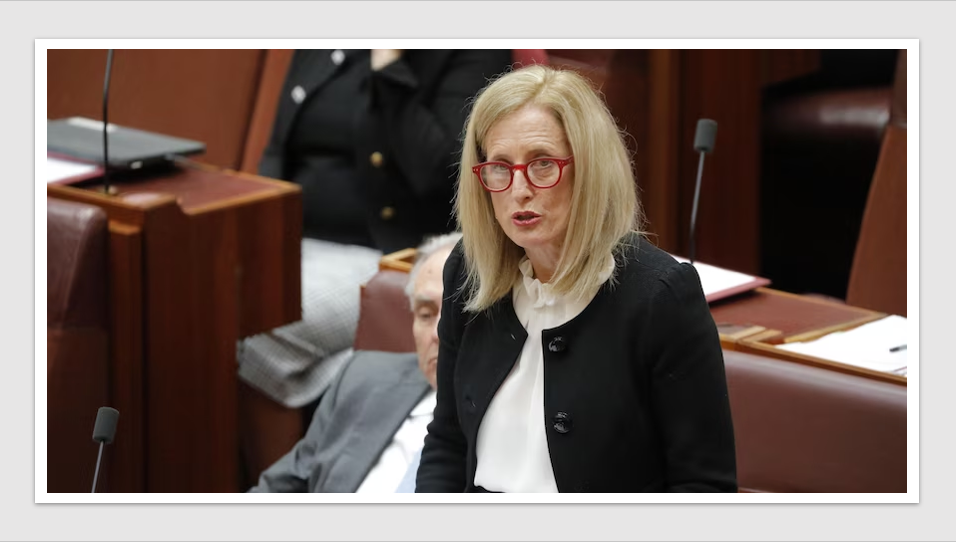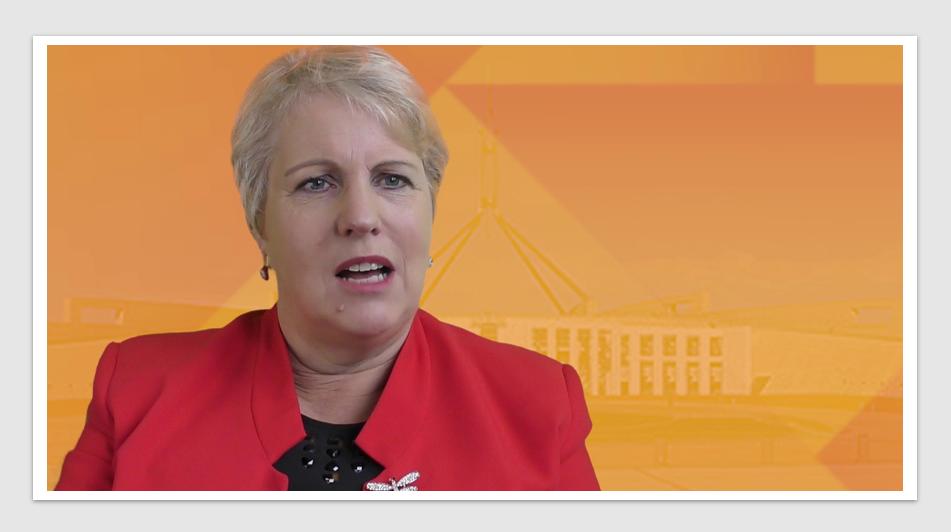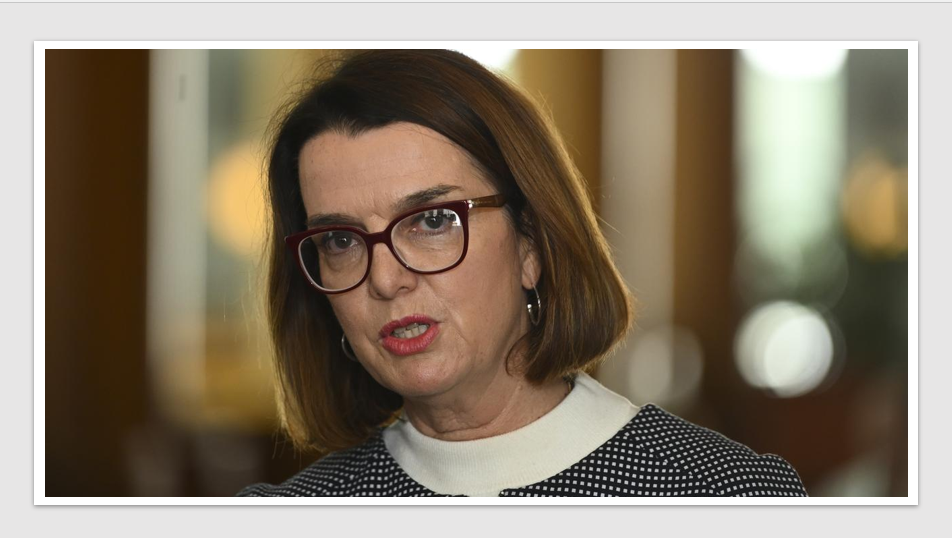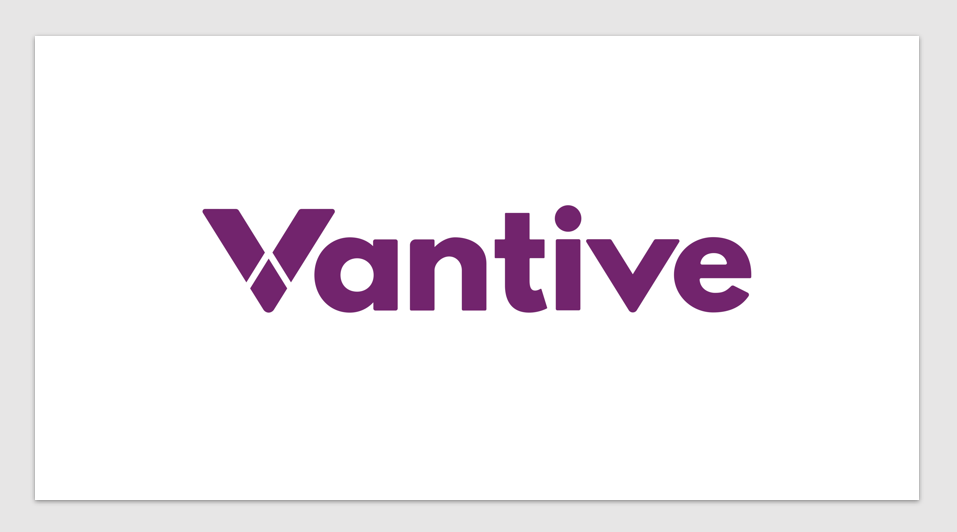Digital & Innovation
Australia’s digital ID expansion sparks fierce debate amid concerns

Digital & Innovation: Australia is bracing for a monumental overhaul in its digital identification landscape as the Digital ID Bill, introduced by the Minister for Finance, Senator Katy Gallagher, promises an economy-wide digital ID system. However, concerns about security vulnerabilities and privacy breaches have sparked a heated debate in Parliament and among privacy advocates.
The Digital ID Bill seeks to lay the groundwork for an all-encompassing Digital ID system regulated by the Australian Competition & Consumer Commission (ACCC), aiming to streamline identity verification for online services. Yet, several Senators have raised red flags, citing past governmental blunders like the infamous Robodebt scandal, the problematic My Health Record rollout, and hackers selling ATO and MyGov login details and personal information.
Minister Gallagher stated that if the government moved swiftly it “could have legislation in place mid-year next year”, noting it was a “tight timeframe”.
“The current system – operating without legislation – allows people with a Digital ID to verify their identity without repeatedly providing copies of their most sensitive documents for certain online services. But the current system has limitations. It is not national – the Commonwealth can only verify people biometrically against their passports, not against their driver’s licence or other ID documents issued by state and territory governments,” she commented.
The legislation has been referred to the Senate Economics Committee for inquiry and report by 28 February 2024. However, the window for submissions until 19 January 2024 has raised concerns about the constrained timeframe during the holiday season.
Amid government reassurances that the digital identity scheme will remain voluntary, Queensland Senator Malcolm Roberts questioned Minister Gallagher in Parliament on whether the digital ID scheme “wouldn’t be compulsory”. What Minister Gallagher failed to mention is that Section 74(4) of the Digital ID Bill allows the Digital ID to be made compulsory if the government is “satisfied it is appropriate to do so”.
He further added “A government hub receives a request and pulls the master file, meaning only the government has access to the master file. This seems to look acceptable, yet it means there’s a master file with 17 million records containing name, address, telephone, date of birth, drivers licence number, passport number and a biometric identification file all sitting in the same database. That’s all the information necessary to steal someone’s ID and impersonate them online – a hacker’s paradise.”
According to the Human Rights Commission “It is unclear how the digital identity scheme provides for the deletion or de-identification of an individual’s personal information if they decide to ‘opt-out’ of the scheme. The proposed reforms also recognise that the current mechanism of ‘express consent’ may not be effective in ensuring informed consent has truly been obtained where there is collection, use and disclosure of information.”
Nationals Senator Matt Canavan described the Digital ID Bill as a “massive expansion of a surveillance state without introducing related reforms to the Privacy Act”, before going on to accuse the government of gaging debate. United Australia Party Senator Ralph Babet voiced scepticism, saying “I can see a future where digital ID is combined with the coming central bank digital currency which is trackable money. This technology means the government can not only see where you spent your money but what you spent your money on.”
The debate escalated further with potential monetisation by banks and private entities providing digital ID services in passing transactional costs on to consumers. In a warning last month, the Minister for Government Services, Bill Shorten, said that the private sector must not exploit a digital ID system in a time of “inflation and mortgage rises”.
Recent legislative developments further fuelled the controversy, such as the passage of the Identity Verification Services (IVS) Bill last week, which faced criticism for its rushed handling and limited debate time of only 30 minutes in the Senate.
The Law Council of Australia and the Human Rights Law Centre, expressed apprehension over the expedited process which was “rushed through by the government, for reasons that they have still not come clean about”.
Greens Senator David Shoebridge emphasised “The conclusion that pretty much every stakeholder has drawn is that the current identity verification services procedure is unlawful, and, in the absence of any statutory underpinning, is open to legal challenge.”
Australia finds itself at a pivotal juncture, poised for a digital revolution that promises convenience but triggers heated debates over fundamental individual rights, privacy and security.
 In reimagining healthcare across the entire patient journey, Health Industry HubTM is the only one-stop-hub bringing the diversity of Pharma, MedTech, Diagnostics & Biotech sectors together to inspire meaningful change.
In reimagining healthcare across the entire patient journey, Health Industry HubTM is the only one-stop-hub bringing the diversity of Pharma, MedTech, Diagnostics & Biotech sectors together to inspire meaningful change.
The content on Health Industry Hub is copyright protected and should only be accessed under individual user licenses. To subscribe, please click here and visit T&Cs here.
News & Trends - MedTech & Diagnostics

Parliament passes lung cancer legislation
MedTech & Diagnostics News: Lung cancer is the leading cause of cancer death and is responsible for almost one in […]
MoreNews & Trends - Pharmaceuticals

Senator Ruston criticises Budget’s lack of ‘real seamanship’ in tackling pressing healthcare challenges
Pharma News: Senator Anne Ruston, Shadow Health Minister, was warmly welcomed at the Post-Budget event held in Parliament House yesterday […]
MoreNews & Trends - MedTech & Diagnostics

Baxter announces branding for spin-off kidney care business
MedTech & Diagnostics News: Baxter has unveiled the mission and logo for its forthcoming kidney care and acute therapies company, […]
More